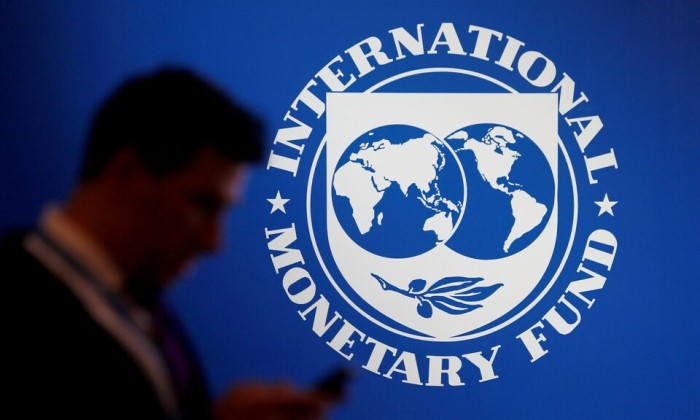


The IMF has emphasized the need for Sri Lanka to ensure its 2025 budget includes effective revenue measures and continued spending restraint to meet the medium-term primary balance target of 2.3% of GDP, crucial for restoring debt sustainability. The recent IMF mission, led by Peter Breuer, highlighted the importance of sustaining reform efforts, implementing economic policies, and raising fiscal revenues. Key actions include relaxing import restrictions on vehicles to boost revenue, enhancing tax administration, avoiding new tax exemptions, maintaining energy prices at cost-recovery levels, and improving social protection for vulnerable populations. The approval of new financial management legislation is seen as a positive step towards better fiscal discipline and debt management.
Additionally, the IMF stressed the importance of prudent monetary policy, safeguarding financial stability, and implementing anti-corruption reforms. Recent amendments to the Banking Act and the National Anti-corruption Agenda are viewed as progress, while ongoing efforts to resolve domestic debt restructuring and engage with creditors are critical for regaining investor confidence. The IMF will assess Sri Lanka’s progress through its third review of the Extended Fund Facility (EFF) programme, with the timing to be determined after upcoming presidential elections.